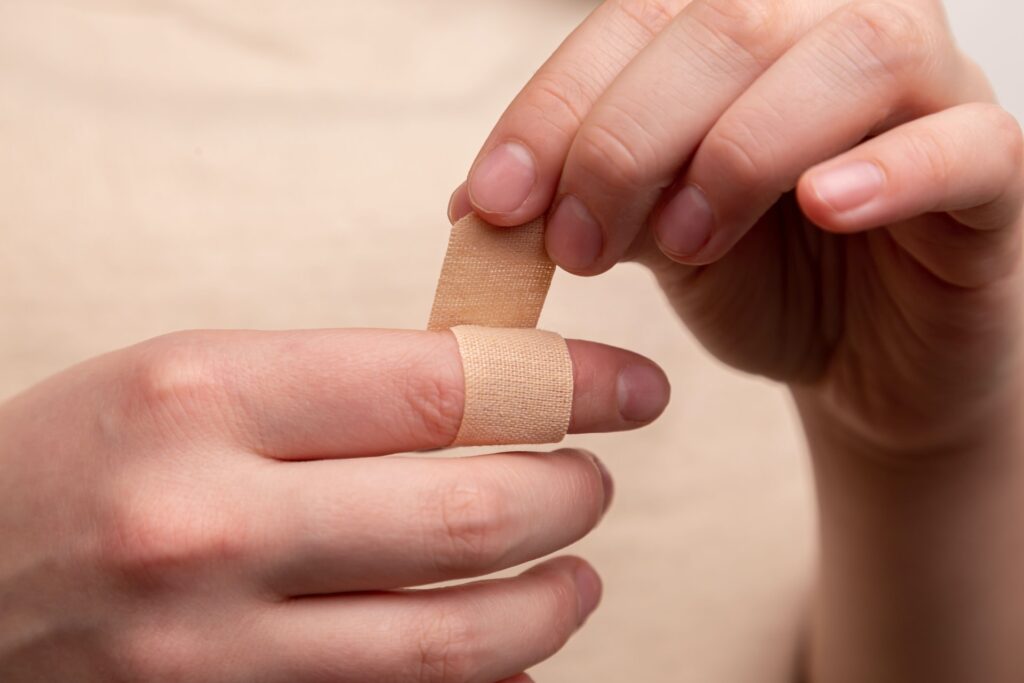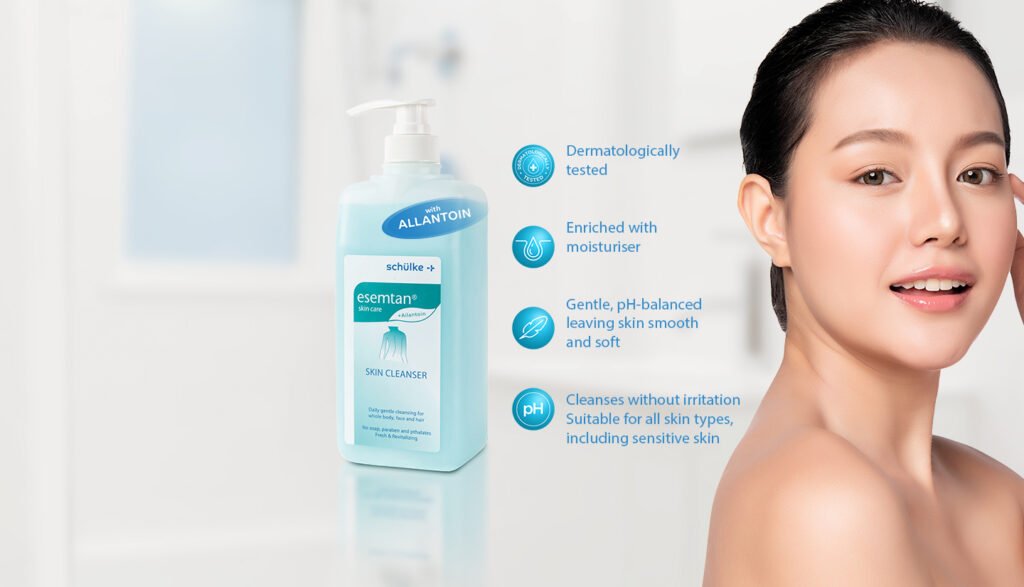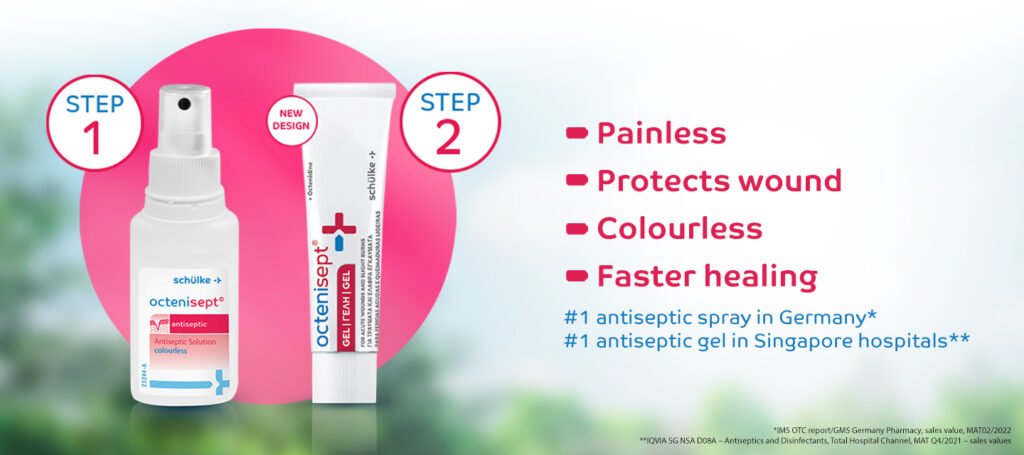Picture this: You accidentally cut your finger while cooking, or maybe you scraped your knee during outdoor play. These common incidents can quickly become problematic if not properly taken care of. Infections in wounds can happen to anyone, but they can be prevented with the right knowledge and tools. In this article, we’ll explore the essential role of antiseptic wound cleaners in keeping infections at bay. We’ll break it down in simple terms so that you can protect yourself and your loved ones.
Understanding Wound Infections
To start, let’s understand what wound infections are. When you get a cut, scrape, or any break in your skin, it becomes an entry point for germs like bacteria, viruses, and fungi. These unwanted visitors can lead to infections, causing pain, swelling, and even more serious health issues if left untreated.
The Role of Antiseptic Wound Cleaners
Now, let’s talk about the heroes of this story – antiseptic wound cleaners. These products are specially designed to help keep wounds clean and free from harmful germs. They work by killing or inhibiting the growth of these tiny troublemakers.
Types of Antiseptic Wound Cleaners
There are various types of antiseptic wound cleaners available in the market. Some common options include:
- Antiseptic Solutions: These are liquids that can be applied directly to the wound to kill bacteria and other germs.
- Antiseptic Wipes: Convenient for on-the-go, these are pre-soaked wipes that you can use to clean a wound.
- Antiseptic Sprays: These come in a spray form, making it easy to evenly distribute the antiseptic over the wound.
- Antiseptic Ointments: These are thicker and provide a protective barrier while keeping germs away from the wound.
Benefits of Using Antiseptic Wound Cleaners
Now, let’s dive into why using antiseptic wound cleaners is so important:
- Infection Prevention: The primary job of antiseptics is to prevent infections. By using them, you significantly reduce the risk of germs causing trouble in your wound.
- Faster Healing: Clean wounds tend to heal faster. When you keep a wound free from infection, your body can focus on repairing the damage.
- Reduced Scarring: Antiseptics can help minimize scarring by promoting healthy tissue growth.
Proper Application
Using any antiseptic wound cleaner is straightforward, but it’s important to follow some simple steps:
- Wash Your Hands: Before touching the wound or applying any antiseptic, wash your hands thoroughly with soap and clean water.
- Clean the Wound: Gently clean the wound with a mild soap and water to remove any dirt or debris. Pat it dry with a clean, sterile cloth.
- Apply the Antiseptic: Follow the instructions on the product you’re using. Generally, you should apply a small amount directly to the wound.
- Cover the Wound: Depending on the size and location of the wound, you may need to cover it with a bandage or gauze to keep it clean.
Dos and Don’ts
Here are some important dos and don’ts when it comes to using antiseptic wound cleaners:
Dos:
- Do clean the wound gently before applying antiseptic.
- Do follow the instructions on the antiseptic product.
- Do keep the wound covered with a clean bandage or dressing.
Don’ts:
- Don’t use antiseptic wound cleaners on deep wounds, burns, or animal bites without consulting a healthcare professional.
- Don’t overuse antiseptics, as this can harm healthy tissue.
- Don’t ignore signs of infection, such as increasing pain, redness, or discharge from the wound. Seek medical help if you suspect an infection.
Common Mistakes to Avoid
To make sure you’re using antiseptic wound cleaners effectively, let’s talk about some common mistakes to avoid:
- Using Too Much Antiseptic: Using excessive antiseptic can actually slow down the healing process and irritate your skin. A little goes a long way.
- Not Cleaning the Wound First: Antiseptics work best on clean wounds. So, make sure to wash the wound with soap and water before applying the antiseptic.
- Ignoring Allergies: Some people may be allergic to certain antiseptic ingredients. If you experience itching, rash, or any unusual reactions, stop using the product and seek medical advice.

Alternatives to Antiseptic Wound Cleaners
While antiseptic wound cleaners are highly effective, there are some natural remedies you can consider if you prefer a more holistic approach:
- Honey: Honey has natural antibacterial properties and can be applied to wounds to help prevent infection.
- Aloe Vera: Aloe vera gel can soothe and protect minor wounds.
- Saltwater: A simple saltwater solution can be used for wound cleansing.
However, it’s important to note that while these natural remedies can be beneficial for minor wounds, for more serious injuries or deep cuts, it’s always best to seek medical advice.
Conclusion
In summary, antiseptic wound cleaners are essential tools for preventing infections in wounds. By using them properly and following the dos and don’ts, you can significantly reduce the risk of complications and promote faster healing. Remember to pay attention to your body and seek medical help if you suspect an infection or encounter any unusual reactions to antiseptics. Your health and well-being are worth the extra care and attention.
By making antiseptic wound cleaners a part of your first-aid kit, you’re taking a proactive step in safeguarding yourself and your loved ones against the dangers of wound infections. Stay safe, stay clean, and stay healthy!






